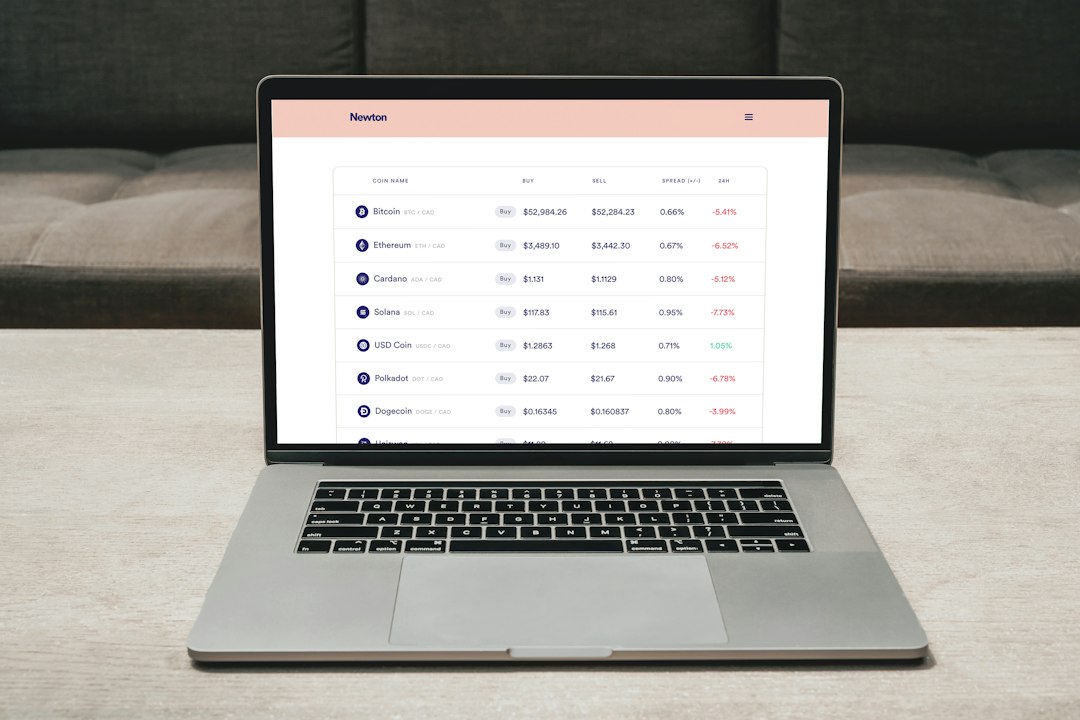New Guidelines for Accounting Crypto Holdings
Major new guidelines are coming for how public companies account for Bitcoin and cryptocurrency holdings on their balance sheets. The Financial Accounting Standards Board (FASB) announced that firms will soon be required to measure crypto assets at their fair market prices rather than just their purchase cost.
Key Points of the New Rules
- The Financial Accounting Standards Board (FASB) has issued new rules for accounting of cryptocurrencies
- Companies will now be required to measure crypto assets like Bitcoin at their fair market value
- Fair value will be assessed at the end of each reporting period to capture price fluctuations
- The move aims to provide more accurate and transparent reporting on corporate crypto holdings
- Rules take effect in December 2024 but early adoption is permitted
Accurate Reporting of Crypto Volatility
The long-anticipated ruling aims to more accurately capture the volatile nature of cryptocurrencies in financial reporting. By assessing Bitcoin’s fair value at the end of each quarter or fiscal year, corporate bookkeeping will better reflect unrealized gains and losses.
New Mark-to-Market Requirements
Under the previous rules, companies could only list crypto on their books at historical cost minus any impairment charges. However, under the new guidance, businesses must mark-to-market their crypto holdings periodically. This enables them to show paper profits and losses each quarter without requiring liquidation.
Criteria for Fair Value Assessment
The FASB confirmed that the new standards apply to digital assets like Bitcoin and ether if they meet specific criteria around blockchain residence, cryptography, fungibility, and more. The fair value policy does not apply to crypto a company issues itself.
Transparent Insight vs. Valuation Challenges
Proponents argue that the changes will give investors more transparent insight into the impact of crypto price swings on corporate balance sheets. Critics, however, counter that accurately valuing such a volatile asset class remains highly challenging.
Hot Take: Fair Value Accounting and Crypto Assets
The new guidelines for accounting crypto holdings represent a major milestone in the industry. By allowing unrealized gains to appear on earnings reports, fair value accounting could make Bitcoin and crypto assets even more appealing for public company treasury allocations.





 By
By
 By
By
 By
By
 By
By

 By
By